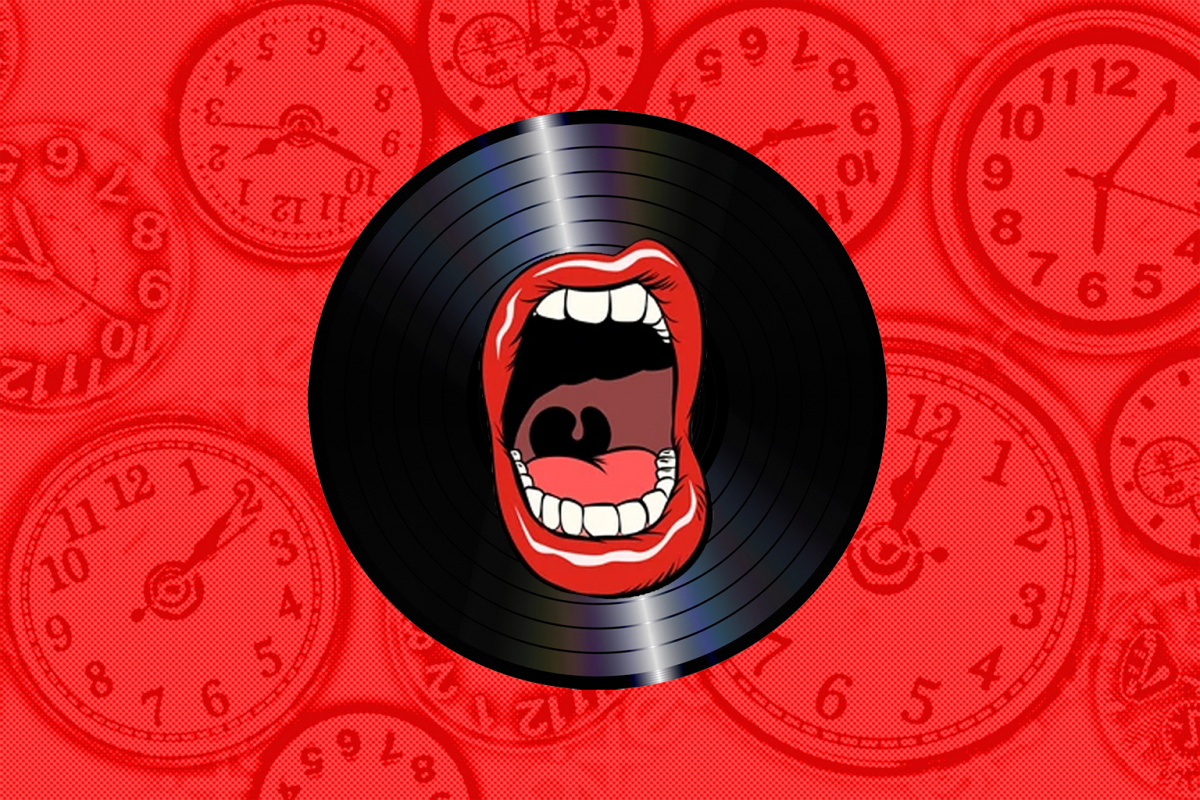Kiswahili rap gave young Nairobians a megaphone in the 1990s, simultaneously launching the contemporary Kenyan sound and shouting loud about sh*t in the city. Now it’s getting even angrier, with more mainstream artists making music overtly critical of leadership and society.
A few years ago, I wrote the poem «Words and Guns» – a poem that explores the potency of words juxtaposed with a gun. Through the poem, I looked beyond the already unveiled pain or eventual death that guns bring about to explain why words hold more power; to build or destroy, inspire or castigate, lull us to sleep or wake us up whether figuratively or literally.
As a poet and writer who explores connections between power and the truth, I draw many similarities between protest poetry and protest music. I derive my greatest inspiration from rap music – a sound that has become the soundtrack to protests, be they in the U.S. with the Black Lives Matter movement or here in Nairobi.
But protest music in Kenya did not begin with rap, it has been around since the early post-independence era. Musicians and composers such as Joseph Kamaru (a Kenyan benga and gospel musician), Ishmael Ng’ang’a (a Kenyan music composer and gospel choir conductor), and Daniel Owino Misiani (a Tanzanian-born musician based in Kenya) used their art to consistently critique the Kenyatta regime for its political repression.
The Anger of My Youth
From an early age I have been a huge proponent of creating art beyond art’s sake; my interest in protest music/conscious music (music with a message) was sparked by Afrocentric rap after listening to the likes of Dead Prez and KRS One. Afrocentric rap emerged in the 1980s and early 1990s at a time when NWA’s gangsta rap was dominating the mainstream.
While I deeply empathized with the struggles the conscious Afrocentrics addressed – police brutality, structural racism, and discrimination, I could not identify wholly with the American experience. It wasn’t until many years later that I got to hear rap in a whole new way. The first time I heard the Kenyan rap song «Angalia Saa» (Look at the Time), something in me got all stirred up.
«Angalia Saa» features two rappers and pioneers of Kenyan rap, Kama (Paul Ngige), one-third of Kenya’s legendary hip hop group Kalamashaka founded in 1995, and Kitu Sewer, a veteran lyricist, hip hop artist, and poet. The two rappers are part of Kenya’s pioneer hip hop dynasty Ukoo Flani Mau Mau (sometimes referred to as Kenya’s Wu-Tang Clan). Also featured in the bridge vocals is Kenyan afro-jazz and benga musician Winyo. The delivery, immediacy, and visceral expression in «Angalia Saa» was unlike anything I had ever heard from a Kenyan artist of my generation. Eric Wainaina, the other prominent conscious musician from the city at the time, felt too diplomatic and safe with his nevertheless overtly political neo-benga and afro-soul.
While the likes of Kamaru and Misiani made benga music laced with critiques of the repression of the Kenyatta regime (Kenya’s first president), contemporary Kenyan artists such as Kalamashaka, Wenyeji, and Mashifta – all part of the Ukoo Flani Mau Mau hip-hop dynasty – reached a new generation of listeners. A new form of musical protest was emerging that was indignant, gritty, and startling in its bold depiction of police brutality, street life, post-independence betrayals, endemic corruption, and the abject state of poverty in the ghetto.
Today, contemporary Kenyan musicians and rappers such as King Kaka (also known as Kaka Sungura or Rabbit), Sarabi, Juliani, H_Art the Band, and Muthoni DQ among others are taking «message music» to ever younger listeners.
Upping the Ante in 2020
On his 2020 album The Servant and the King, Kenyan rapper King Kaka aka Rabbit, used his belligerent hit single «Wajinga Nyinyi» (You Idiots/Fools) – released in two parts – to discuss the reality of hypocrisy of Kenya’s politicians, its citizens’, the church and its clergy, and how we’re all complicit in a failed system.
Sisi ni vipofu na viziwi na tunajua translator wetu alishadedi
2022 already, si mnajua nani ni Prezzi?
Si mnajua nyinyi voters ndio washenzi?
(We are blind and deaf and we know our translator died
2020 already, don’t we already know who the president is?
Don’t you voters already know you are the stupid ones?)
The collective angst of Nairobi’s conscious artists can be heard in their lyrics that, like a chorus, bemoan issues affecting the citizenry as a whole and the youth in particular. Police brutality, increasing inflation, the growing economic divide, ethnic tensions, state corruption, social strife, depressed economies, institutional failure, crime, violence, extrajudicial killings, and infrastructural collapse have become synonymous with being Kenyan.
Getting Confrontational
As I look at the current state of protest music in Kenya, I deeply connect with the anger and lack of patience in King Kaka’s «Wajinga Nyinyi» which, unlike «Angalia Saa», which empathized with everyday Kenyans depicting us as heroes, calls out the hypocrisy and complacency in Kenyans with the insult «so I wonder, during elections, do your brains fill with shit»?
I see this as marking a turning point in the tone and approach of protest music in Kenya to a more angry, more confrontational one delivered directly to its audiences as a new generation of musicians who, thanks to the internet, will never experience the power of government censorship and control.
